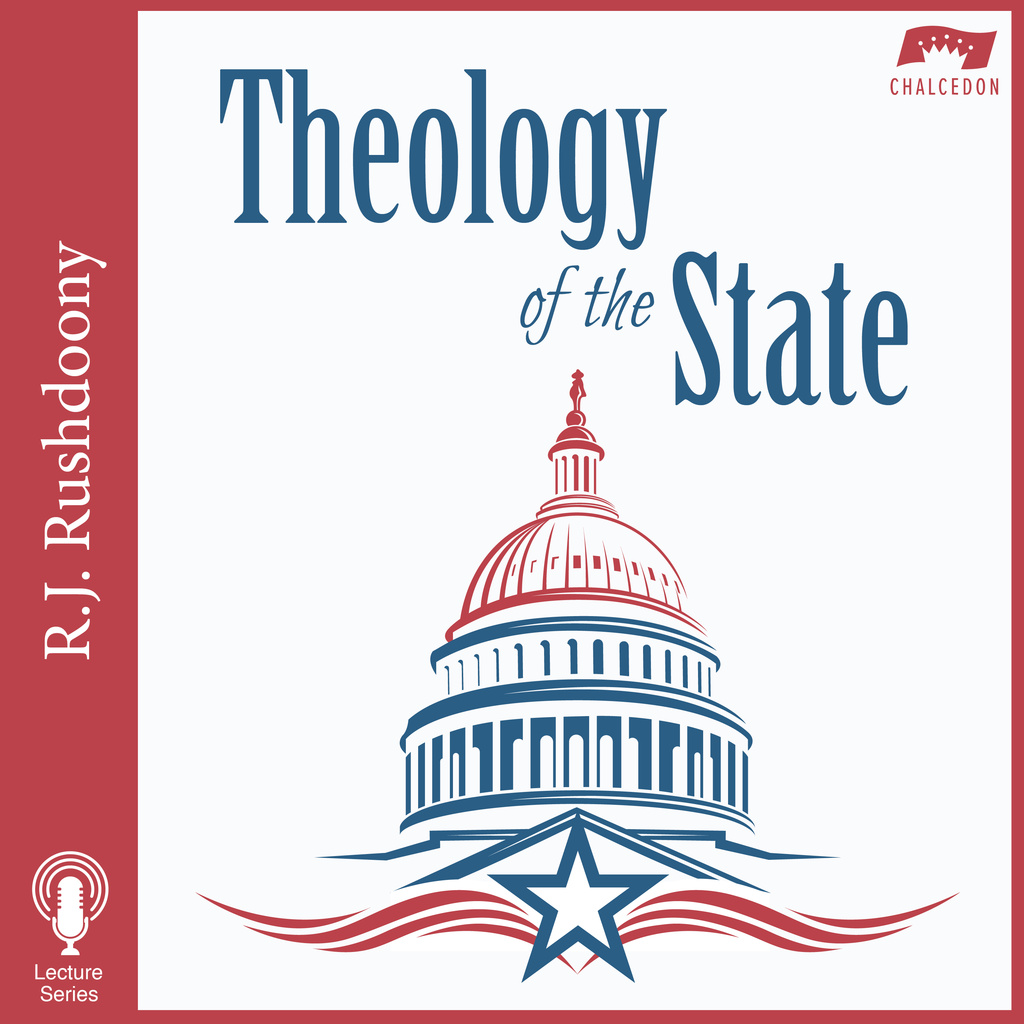
Intercession
The Christians offended Rome by praying to God, not to Caesar. Now, humanism is offended if we do not invoke the people, and instead, invoke God. Today, they are priests representing the people, and they resent our invoking God. The doctrine of intercession is thus an important one in political theory. For whom are we intercessors? For the people or for God? Whom do we invoke when we speak of authority, of righteousness, and of the mandate for action?

- R. J. Rushdoony
The Christians offended Rome by praying to God, not to Caesar. Now, humanism is offended if we do not invoke the people, and instead, invoke God. Today, they are priests representing the people, and they resent our invoking God. The doctrine of intercession is thus an important one in political theory. For whom are we intercessors? For the people or for God? Whom do we invoke when we speak of authority, of righteousness, and of the mandate for action?

- R. J. Rushdoony
Rev. R.J. Rushdoony (1916–2001), was a leading theologian, church/state expert, and author of numerous works on the application of Biblical law to society. He started the Chalcedon Foundation in 1965. His Institutes of Biblical Law (1973) began the contemporary theonomy movement which posits the validity of Biblical law as God’s standard of obedience for all. He therefore saw God’s law as the basis of the modern Christian response to the cultural decline, one he attributed to the church’s false view of God’s law being opposed to His grace. This broad Christian response he described as “Christian Reconstruction.” He is credited with igniting the modern Christian school and homeschooling movements in the mid to late 20th century. He also traveled extensively lecturing and serving as an expert witness in numerous court cases regarding religious liberty. Many ministry and educational efforts that continue today, took their philosophical and Biblical roots from his lectures and books.